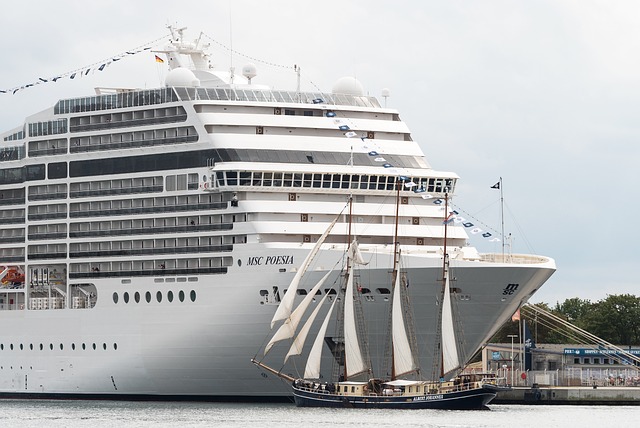Boat Rental: Options, Costs, and Practical Considerations
Boat rental lets people access watercraft for a few hours to several days without long-term ownership. Whether you want a day trip on a lake, a weekend sail, or a fishing excursion, rentals cover a wide range of boat types and services. This article outlines practical considerations—from equipment like the outboard motor to financing and payments—plus real-world cost insights to help you evaluate options in your area.

What to know about outboard motor maintenance?
If your rental involves an outboard motor, expect basic checks before launch: fuel level, oil (for four-stroke models), propeller condition, and a brief run test. Rental operators should perform routine maintenance between bookings to reduce breakdown risk. Ask whether spare parts, emergency tools, or roadside assistance are included. For small craft, outboard issues are a common cause of on-water delays, so confirm the provider’s maintenance schedule and what support is available during your rental.
How to choose the right boat type?
Choosing the right boat depends on activity, group size, and experience. Pontoon boats and deck boats work well for social outings and are generally stable. Center-console or bay boats suit fishing, while smaller cabin cruisers or sailboats fit overnight trips. Consider capacity limits, storage, and whether the rental includes safety gear. If you’re unfamiliar with the boat class, request an orientation or skipper option; many providers offer trained captains for an extra fee to improve safety and enjoyment.
What marine regulations affect rentals?
Marine rules vary by country and region but commonly include safety equipment requirements, speed limits, and licensing or certification for operators. Some areas require boater education certificates to rent certain classes of vessel, while others permit short-term supervised rentals. Environmental rules, such as no-wake zones and fishing permits, also apply. Always verify local marine regulations with the rental operator and check whether the company provides briefs, charts, or navigation guidance for the waterways you plan to visit.
How does financing affect long-term access?
Financing is relevant mostly for frequent users considering ownership or membership programs. Membership clubs and fractional ownership reduce upfront cost through initiation fees and monthly dues; loan financing spreads purchase costs with monthly payments. For renters considering frequent use, compare cumulative rental fees versus membership or loan payments, factoring insurance, storage, and maintenance. Evaluate contract terms and any early-exit penalties. Rentals remain a low-commitment option if you prefer flexibility without the responsibilities of ownership.
What payment options do rental services accept?
Most rental companies accept major credit cards and debit cards; some accept bank transfers or digital wallets. Expect a security hold or deposit on the card to cover potential damage or fuel shortfall. Many platforms process payments and insurance through their systems, while local services might require payment on-site. If you plan to pay by card, confirm the amount of the hold, when it will be released, and acceptable forms of ID. Also inquire about cancellation, refund, and no-show policies that affect final payments.
Real-world cost and pricing insights for boat rental include base hourly or daily rates, fuel charges, insurance, security deposits, captain/skipper fees, and optional extras like fishing gear or water toys. Hourly rentals for small motorboats often start at modest rates, while larger boats, cabin cruisers, and yachts cost substantially more. Captained rentals add labor costs. Always factor in fuel consumption for boats with outboard motor setups and any marina or docking fees that can raise the total. Below is a brief comparison of commonly used rental platforms and models to illustrate typical ranges.
| Product/Service | Provider | Cost Estimation |
|---|---|---|
| Peer-to-peer day boat rental (various small powerboats) | GetMyBoat | $75–$300 per hour (varies by boat/region) |
| On-demand boat rentals with owner-hosted options | Boatsetter | $100–$400 per hour (depending on vessel) |
| Yacht and boat charters (hourly/daily) | Sailo | $150–$1,000+ per hour (wide range by size) |
| Membership-based access (unlimited use within terms) | Freedom Boat Club | Initiation $3,000–$6,000; monthly dues $250–$450 |
Prices, rates, or cost estimates mentioned in this article are based on the latest available information but may change over time. Independent research is advised before making financial decisions.
Conclusion
Renting a boat provides flexible access to marine recreation without the responsibilities of ownership, but evaluating options requires attention to equipment (including outboard motor upkeep), boat type, local marine regulations, and the structure of payments or financing. Assess total costs—rental rates, fuel, deposits, insurance, and optional services—when comparing platforms, membership models, or local services in your area to choose the arrangement that aligns with your needs and experience level.





